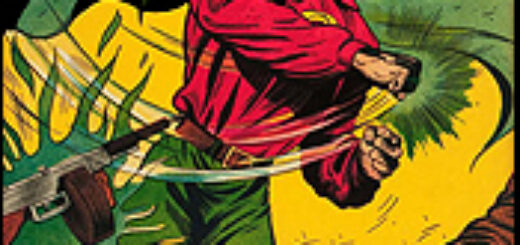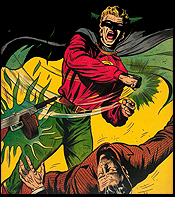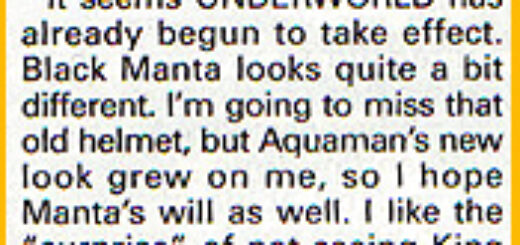Marc Alan Fishman: Comics Are Good For Learnin’
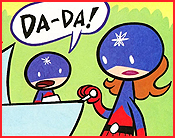 So it came to my attention by way of an amazingly nice lass that some forward thinking teacher-types are slowly coming around the bend. Yup, they are looking toward comic books, those evil things, as potential fodder for their classrooms. Gasp! And, as it would seem, this very nice girl asked me – little old me – to give my two cents on the matter. And because I love killing two birds with one stone, I figured this outta make a great li’l rant to share with you, my adoring public. Of course, I realize now I admitted to the glee I feel when I commit aviaricide. Well, there went my fan-base. Tally ho!
So it came to my attention by way of an amazingly nice lass that some forward thinking teacher-types are slowly coming around the bend. Yup, they are looking toward comic books, those evil things, as potential fodder for their classrooms. Gasp! And, as it would seem, this very nice girl asked me – little old me – to give my two cents on the matter. And because I love killing two birds with one stone, I figured this outta make a great li’l rant to share with you, my adoring public. Of course, I realize now I admitted to the glee I feel when I commit aviaricide. Well, there went my fan-base. Tally ho!
I know back in the olden days, comics were largely seen as kitchy wastes of ink and paper. Kids buried in them were potentially violent sociopaths just waiting to commit crimes of laziness. But by the time I was in school they were starting to be called graphic novels. Thanks in large part to the artsy works of Art Spiegelman, Joe Kuburt, and Will Eisner, the medium as a whole was slowly pulling itself out of the low-bro.
That being said, I was never assigned a graphic novel to read for a class. Nor was I able to select one for independent book reports or the like. Even within the realm of studio art classes I was nixed the ability to cite Alex Ross as a major influence without scoffs. But as Bob Dylan sings, “The times, they are a changin’.”
If I were to suggest opening up a classroom to comics, well, it’s a simple issue – do it. Comics are easily one of the best gateways to literacy I can think of. Truth be told, the first books our parents read us (and I’m reading to my own boy now) are gloriously illustrated. Dr. Seuss, a one-time newspaper comics guy, is just panel borders away from sharing shelf space with Daniel Clowes. In the earliest of classroom settings I’d start with the recognizable. Art Baltazar and Franco’s Tiny Titans is as accessible a comic as I know of. But more than just being kid friendly, the book is funny, bright, and charming. So much so that I was an avid reader of it long before I was even married, let alone a father. And because it uses semi-recognizable super hero sidekicks, it’s easy for kids to relate, and learn to read.
Tiny Titans aside, there’s always Jeff Smith’s tome of toonage, Bone. The long running series blends laughs, mysteries, and adventure. If kids can’t find something to love there? Well, then I’ll eat my hat. Come to think of it, I don’t own hats anymore. Note to self…
Beyond the early readers, the always-tough-to-please nine year olds (perhaps through 13 or 14?) are going to start dividing themselves. Girls have cooties. Boys are messy. The division of the sexes may make many a teacher feel like comic books will degrade into the capes and cowls for the boys and leave nothing for the girls. Nay, I say. Nay! Both the boys and girls can take heed that I myself grew to love comics at this tender age due to the long-running Archie series. And Archie, unlike his more heroic counterparts, seems to have found a way to stay with the times, without diverging into the too-real, too-gritty, or too-angsty. Consider also the Adventures of TinTin. Long before it was a computer-animated movie, it was a comic. A great comic. And don’t we all laugh a bit when we recount the Scrooge McDuck comics of yesteryear? That book was doing Inception long before Chris Nolan was firing up the vomit-comet to film anti-gravity fight scenes.
The real meat and potatoes for me though come right at adolescence. Here, our kids are primed to learn that comics are more than just good fun. The Pulitizer Prize-winning Maus (by the aforementioned Spiegelman), Jew Gangster (by the late and beyond-great Kubert), and A Contract With God (by Will Eisner) all help teach that the medium of comics transcends the super power set. And sure, they all hold quite a bit of Jewish lore to them… so allow me to expand beyond Judaica.
Mike Gold himself turned me on to Stagger Lee by Derek McCulloch and Kings in Disguise by Dan E. Burr. They are both amazing reads. And please, don’t get me wrong – comics at this tender age need not be without a twinge of the supernatural. Watchmen might as well be a high school freshman class in and of itself. Frank Miller’s Sin City and or 300 are far better on page than on screen, and on screen they were both pretty amazing.
And let’s not leave Marvel out of this. Kurt Busiek’s Marvels singlehandedly brought me out of a four year freeze of comic book reading. It’s insightful, and a beautiful take on super heroes from the human perspective. And I’ve little column space left to suggest even more here… Empire by Mark Waid and Barry Kitson, Astro City, Batman: Year One, Runaways and Y: The Last Man all spring to mind. But I digress.
Suffice to say, introducing comics to a literature program shouldn’t be that hard to tackle. The fact is the medium itself makes open discussion far easier to instigate. More work to enjoy than watching a movie, without the scariness of endless pages without something beyond words to look at means less barrier to entry. For those learning to read (or who have trouble with it) comics are a gateway drug to amazing new worlds. For those already well versed in literature, comics offer an endless string of independent authors bringing original takes on the world that combine their plots with art that tends to force us to stop and appreciate. Akin to indie films, comics at any age offer more than the commercial world. Thanks to a bit of knowledge gained at this year’s Harvey Awards (thank you, Ross Ritchie), I leave on this thought:
“The French codified it well: they call it “The Ninth Art.” The first is architecture, the second sculpture. The third painting, the fourth dance, then there’s music, poetry, cinema, and television. And ninth is comic books.”
Now, the question is: if it is indeed the ninth art of our world, comics should not be considered for the classroom. They should be compulsory.
SUNDAY: John Ostrander

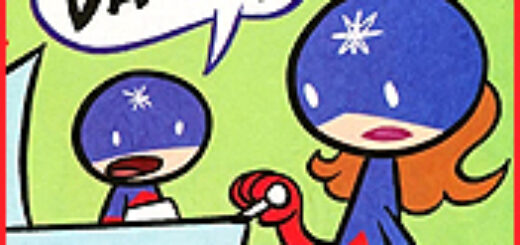
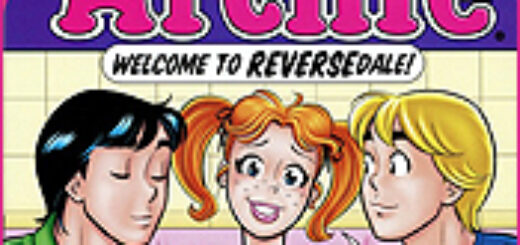
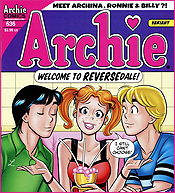
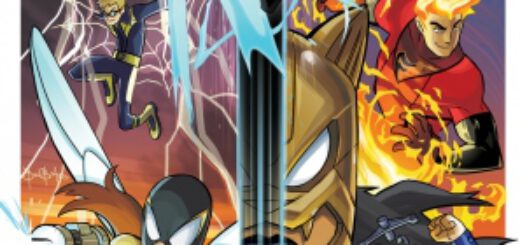
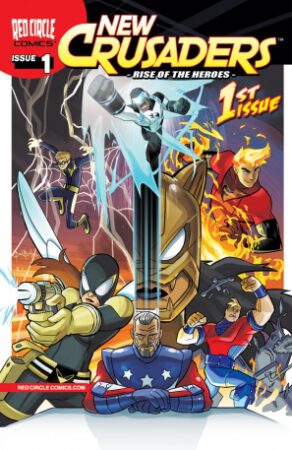
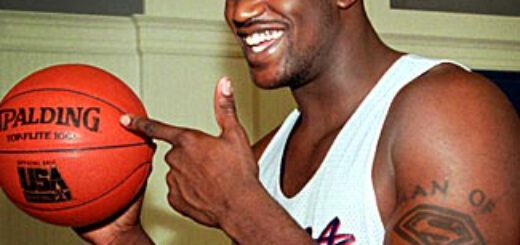


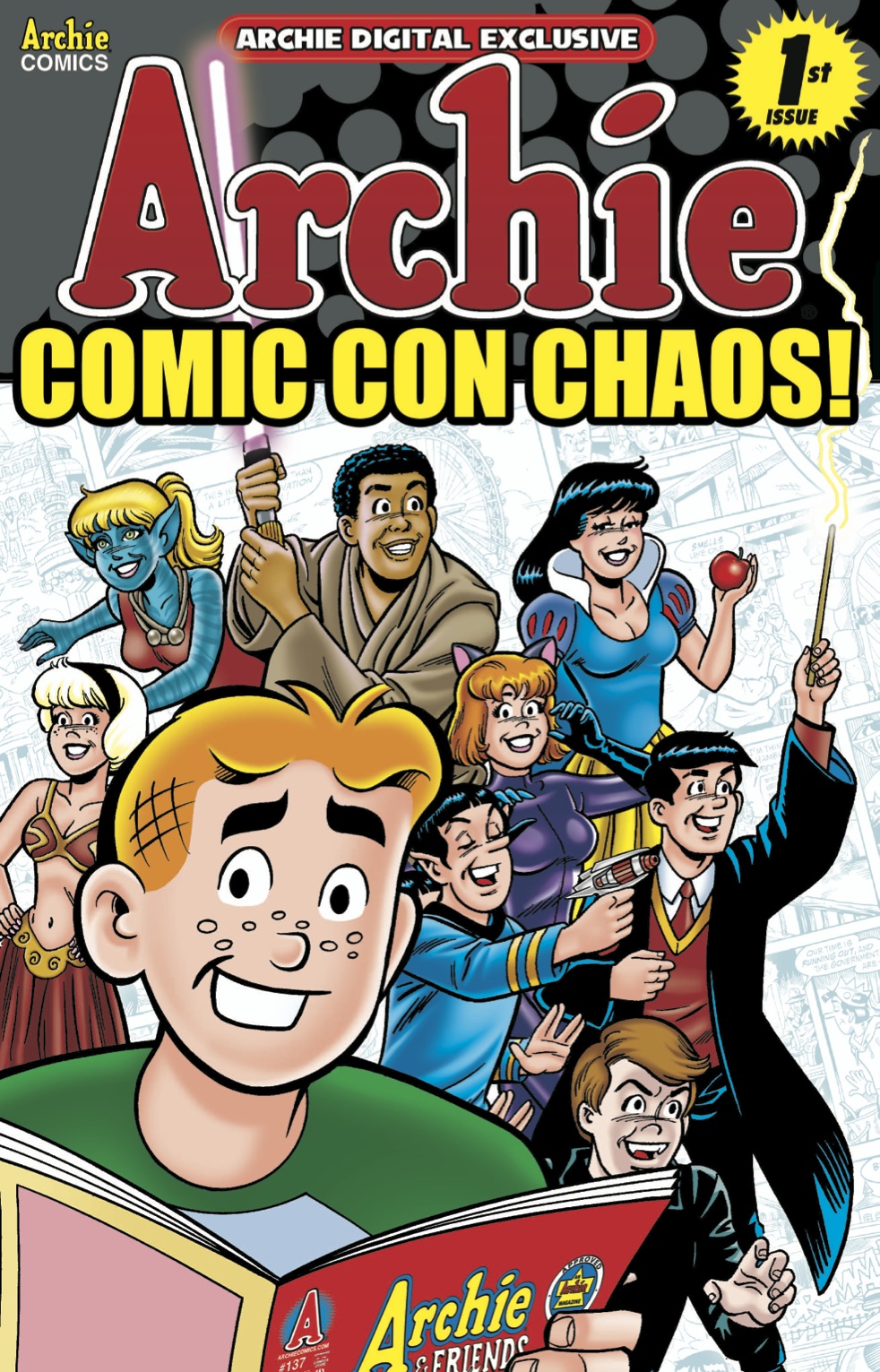
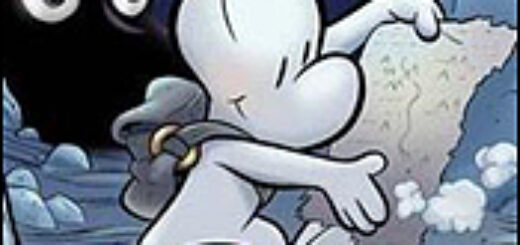
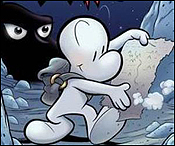

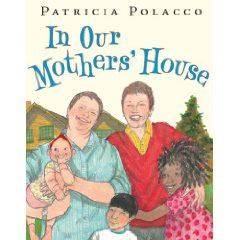 With the President’s recent open approval of same-sex marriage; a federal appeals court striking down the Defense of Marriage Act (claiming it unconstitutional); the success of Life with Archie #16, featuring the marriage of a gay character; and Marvel and DC’s inclusion of prominent storylines about gay characters, one may surmise it is easy for everyone to access constitutionally-protected LGBT materials. This is not the case, as students in a school district north of Salt Lake City will have to get parental permission before checking out a book about a lesbian couple raising a family, according to a recent article on the Huffington Post.
With the President’s recent open approval of same-sex marriage; a federal appeals court striking down the Defense of Marriage Act (claiming it unconstitutional); the success of Life with Archie #16, featuring the marriage of a gay character; and Marvel and DC’s inclusion of prominent storylines about gay characters, one may surmise it is easy for everyone to access constitutionally-protected LGBT materials. This is not the case, as students in a school district north of Salt Lake City will have to get parental permission before checking out a book about a lesbian couple raising a family, according to a recent article on the Huffington Post.

